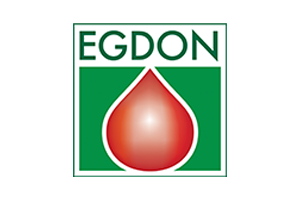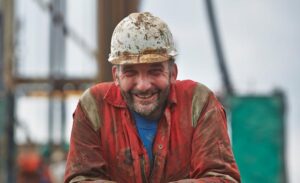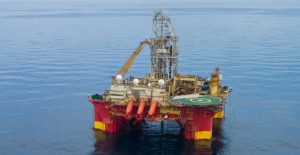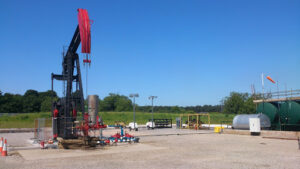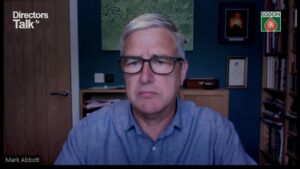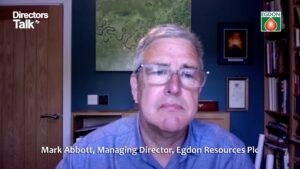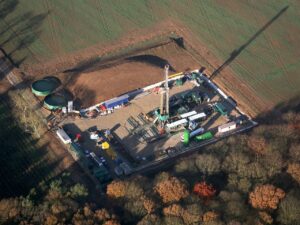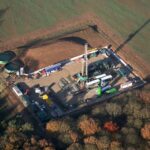Egdon Resources plc is an independent onshore focused oil and gas exploration and production business.
- An established oil and gas exploration and production business with 41 licences in proven oil and gas producing basins in the UK
- A balanced portfolio of production, development, appraisal and exploration projects in conventional and non-conventional hydrocarbons positioning the Company for growth
- A proven operator with an experienced and respected management team
- A strong focus on safety, environmental and social responsibility in all aspects of operations

Egdon was formed in 1997 and awarded its first licence in 1998. In 2000 Egdon gained its first operated licence and listed on the OFEX market. In 2004 Egdon listed on AIM. In January 2008 Egdon demerged its gas storage business, Portland Gas plc (now renamed Infrastrata), and again became a focused exploration and production business with conventional and unconventional resources assets in the UK.
Strategy
The Directors have identified three key near-term strategic objectives to drive shareholder value:
- UK Unconventional Resources – growing the Company’s exposure to unconventional resource exploration opportunities in Northern England
- Conventional Resources Exploration and Appraisal – adding additional reserves/revenues through an active drilling programme whilst managing risk and financial exposure through farm-out
- Production– a continued focus on maximising production rates, revenues and profitability from existing producing assets through targeted investment


